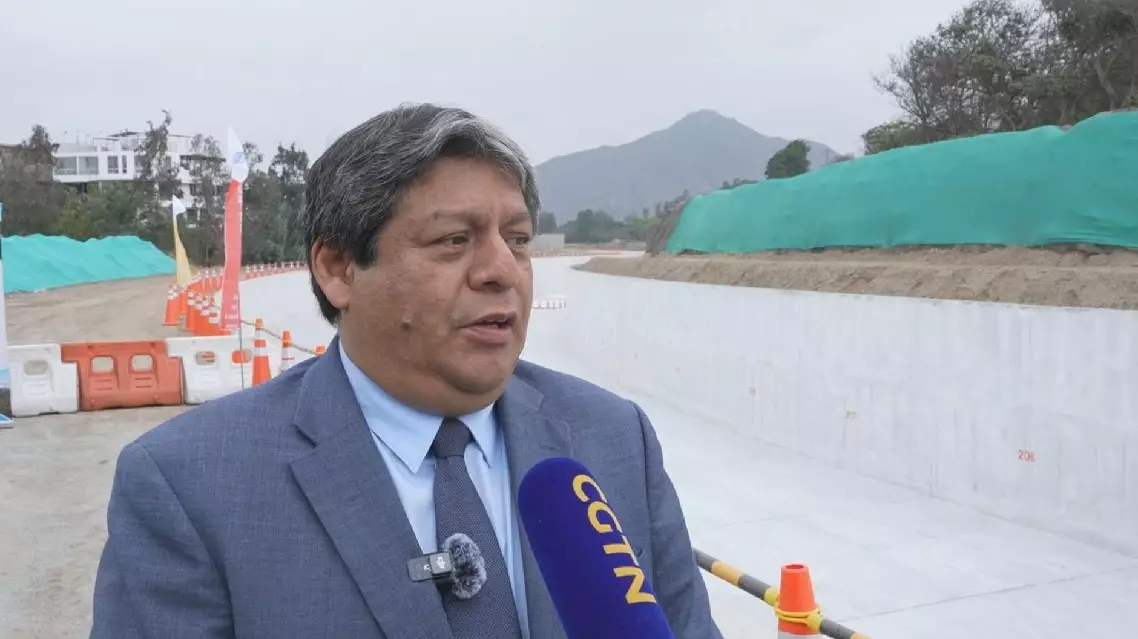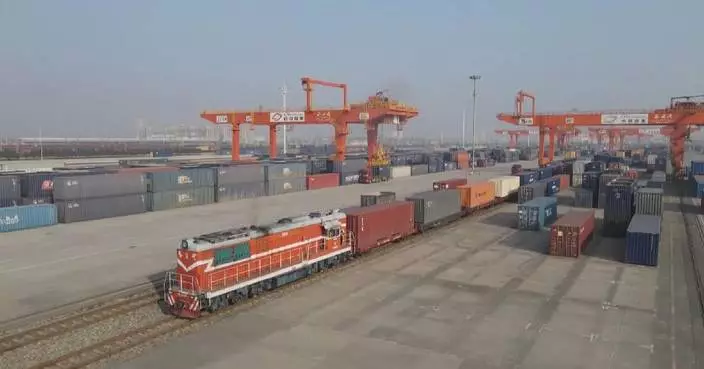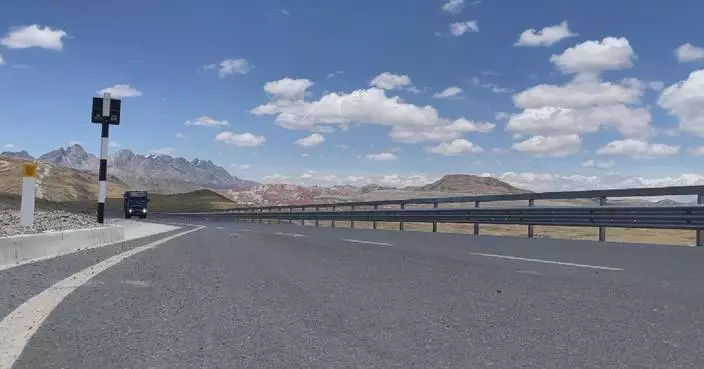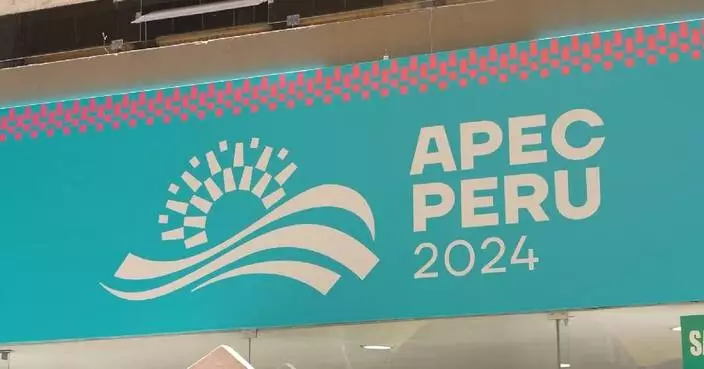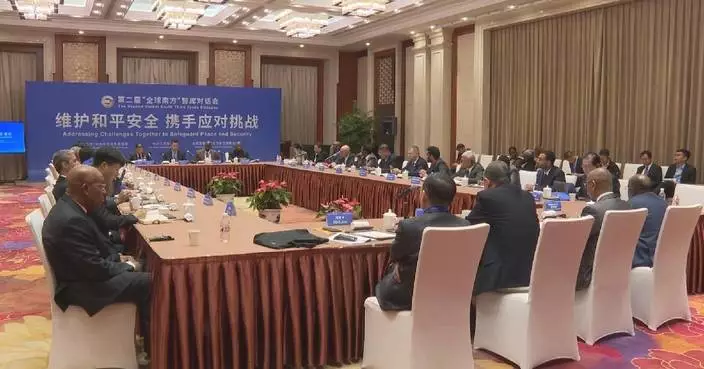China, the United States and Azerbaijan co-hosted the Summit on Methane and Non-Carbon Dioxide Greenhouse Gases on the sidelines of the 29th session of the Conference of the Parties to the United Nations Framework Convention on Climate Change (COP29), on Tuesday in Baku, capital of the COP29 presidency Azerbaijan.
As the world's largest two economies, China and the U.S. are joining forces to address methane, a potent greenhouse gas about 80 times more effective than carbon dioxide in trapping heat in the short term. Although methane emissions persist for a shorter duration in the atmosphere, their immediate impact on global warming is significant.
Methane emissions often go unchecked, but for major countries like China and the U.S., cutting methane from sources such as livestock, fossil fuels, and landfill sites is a swift way to reduce warming in the short term - potentially lowering global temperatures by nearly 0.3°C by 2045.
China has already implemented an action plan dedicated to methane emission control, while the U.S. on Tuesday announced a methane fee for big oil and gas producers. Such efforts and the joint collaboration are creating a wider impact.
"Actively, prudently and orderly controlling methane emissions could bring multiple benefits to climate, economy, environment, security and other substantial domains," said Liu Zhenmin, Chinese Special Envoy for Climate Change.
"Pushing it and making it a very priority dialog that we're having at the COP shows commitment for me, and that's very important for us as well as economies, for instance, in Africa, to say that we have this partnership that we can leverage on," said Dr. Nkiruka Maduekwe, Director General of Nigerian National Council of Climate Change.
The summit explored cost-effective ways to combat non-CO2 greenhouse gasses, besides discussing best practices in monitoring and enforcement of policies on key emitting sectors.
"We've had good and technical discussions, and I think this was a successful collaboration. We got a lot out of this meeting today," said John Podesta, Senior Advisor to U.S. President for International Climate Policy.
With the joint efforts of these nations to raise awareness and lead by example, the aim is to inspire other countries to strengthen their actions, creating both immediate and scalable impact.
The COP29, scheduled for Nov 11-22, is aimed at seeking a new climate change funding goal to replace the existing collective target of mobilizing and providing 100 billion U.S. dollars annually by developed countries in support of developing countries.
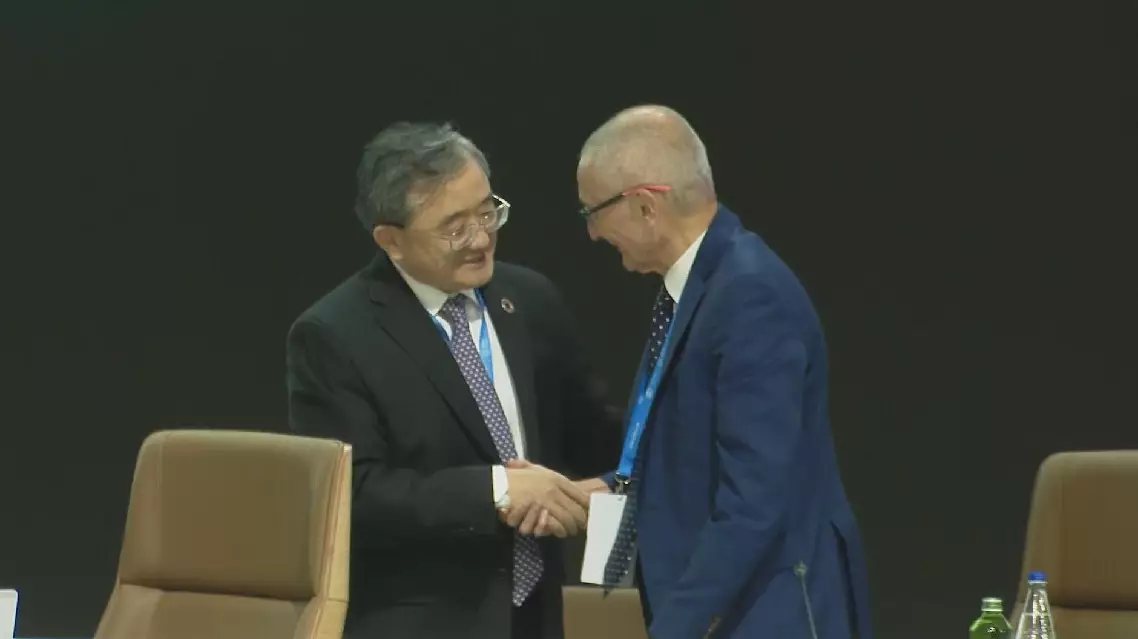
COP29 explores ways to reduce emission of methane, non-carbon dioxide greenhouse gases


